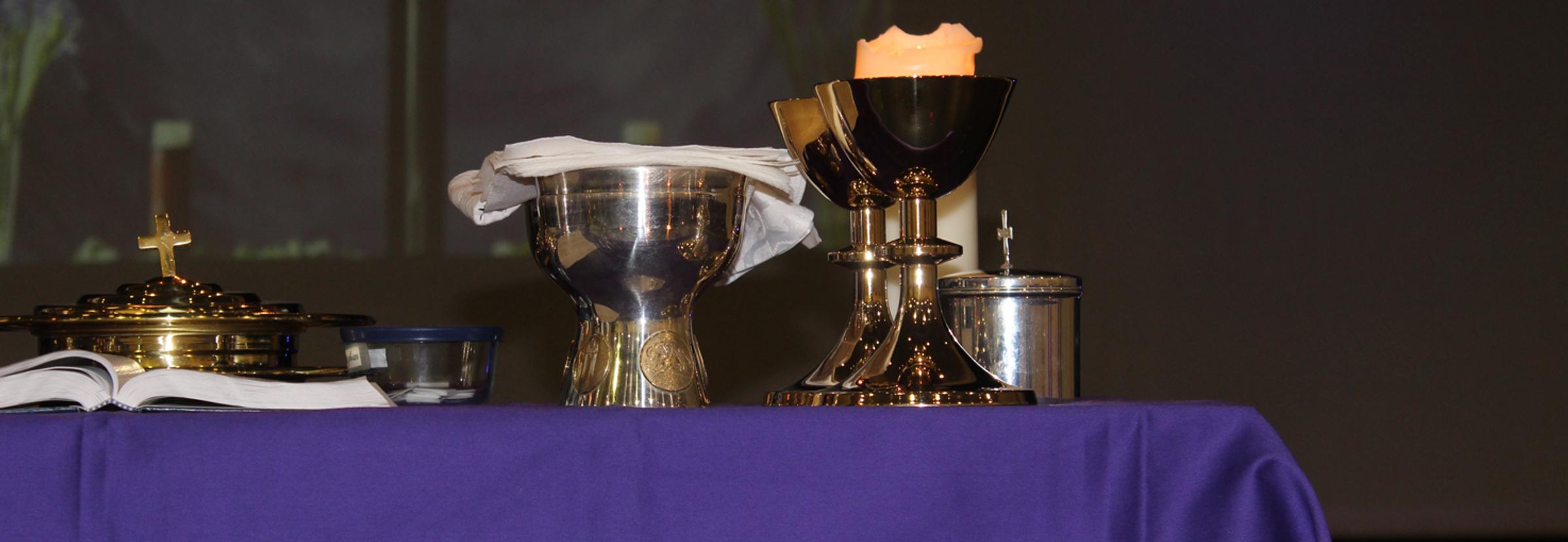Ministry

Hidden Talents
The man who had received five bags of gold brought the other five. ‘Master,’ he said, ‘you entrusted me with five bags of gold. See, I have gained five more.’ “His master replied, ‘Well done, good and faithful servant! You have been faithful with a few things; I will put you in charge of many things. Come and share your master’s happiness!’ Matthew 25:20-21
I have often heard it said, “If you want something done right, then do it yourself.” I guess it depends on who is talking. I wouldn’t trust myself to fix too many things but, at the same time, having ownership of a problem and being invested in a suitable outcome can certainly drive anyone to find a good solution. If you care enough about it, you will get it done, even if you need some help with the finer technicalities. Often, we tend to do things ourselves because we are the ones who really care about the issue at hand, while others, who are not so deeply invested, don’t put the amount of care and effort into it that we would like.
Yet it can serve as a great sign of our confidence and trust in someone else to hand over responsibility to them, instead of doing it ourselves. It can be riskier, as we’re not sure if the final outcome will be as good as it would have been if we had kept control ourselves. But what are the benefits of having someone else take on this responsibility and grow into their sense of ownership? How might our relationship improve when we show that we value their input and trust their judgment?
In the Parable of the Talents from Matthew 25, Jesus shows God’s willingness to use us in his work in the world. That is an enormous privilege and a great sign of God’s trust in our abilities – the very abilities he gave us in the first place. It’s not like God needs our help, but it says something about him that he trusts us enough to hand over important things to us.
In the parable, three people are entrusted by their master with different amounts of money (known as ‘talents’). They are expected to use this money wisely for him while he is away so that, when he returns, he may receive not only what he originally gave them but also any earnings they have gained through investing the money. When the master does return, he finds that two servants have invested their money wisely, while one hasn’t. The first two servants recognise the gift and privilege of being entrusted with such a responsibility, while the third servant freezes under the pressure of having to work for someone as demanding as his master. As a result, he simply buries his money in the ground, so that he can give it back to his master the way he found it. He hasn’t lost anything, but he hasn’t gained anything either.
While the master is delighted with his first two servants, he is most displeased with the third. The money is taken off this servant and given to one of the other, more trustworthy servants, who had invested wisely.
For people of faith, having a talent is not about impressing people, or receiving accolades or awards. Instead, we are called to use whatever we have been given in God’s service. He has entrusted us with great responsibility, and to serve him with whatever we have is a wonderful privilege, not a burden. Burying what we have in the ground, or shying away from our responsibilities is a denial of the worth God has placed in us.
As we await Christ’s glorious return, we have the privilege of serving in his kingdom. This is a great way to express our faith. He has given all of us many talents, and part of the gift of life is discovering these talents and using them to serve the one who first gave them to us, knowing what potential they would have for his work.
Pastor Dale
